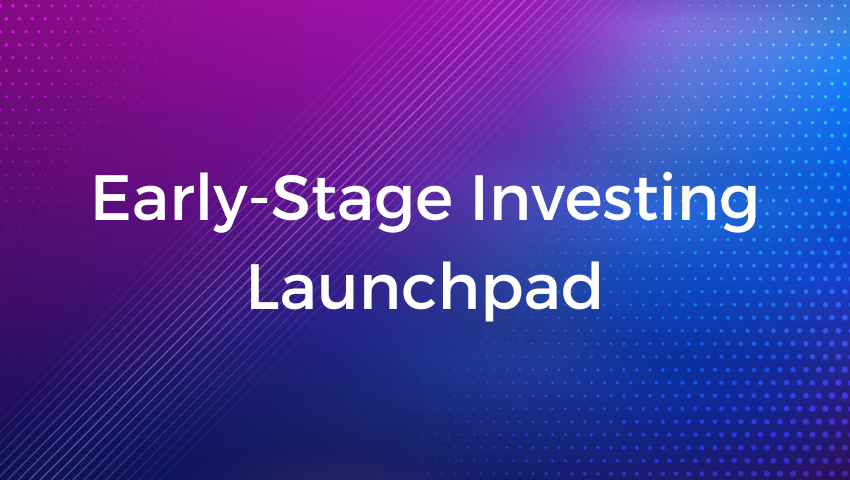Common Framework for Assessment and Management of Sustainable Innovation (CASI 2020) explored sustainable innovation as a social phenomenon.
CASI was a cross-sectorial project focused on the role of innovation in sustainability, and on enhancing the understanding of sustainability within the innovation context.
It involved organsations from 12 European countries, and collaborated with national experts from another 16. All are innovation and sustainability stakeholders: from researchers and academia through to citizens, focused on developing and solving innovation-related challenges across Europe. In this way, CASI integrated the perspectives of civil society, SMEs, industry, policy stakeholders, and leading academics, engaging them in focused debates on sustainable innovation.
Via a rich and intensive set of activities carried out across the EU underpinned by a carefully designed methodology, CASI identified and described sustainable innovation cases through a collaborative analytical process known as mapping.
Key points
- Shared cross-functional understanding of sustainable innovation, integrating the perspectives of multiple innovation and sustainability stakeholders (policy formulation, academia, civil society and practitioners);
- Common Framework for the Assessment and Management of Sustainable Innovation, reflecting expertise from various disciplines, the results of academic research, and lessons from practitioners’ experience;
- A database of case studies on sustainable innovation across the EU;
- Policy briefs: short policy-oriented briefs focusing on sustainable innovation.
Results: case studies, policy briefs, news, events, blog posts and more.
Over 160 innovative practices
META Group prepared policy briefs on sustainable innovation and organizes citizen panels in Italy, where citizens were invited to present their vision about the future of sustainable innovation. The collected feedback helped develop new EU policies on sustainable innovation, with the hands-on involvement of European citizens.
More than 160 innovative practices from around the EU provided a rich qualitative perspective. They served as the basis for focused analysis, and comparison, leading to a common framework for sustainable innovation in Europe.




